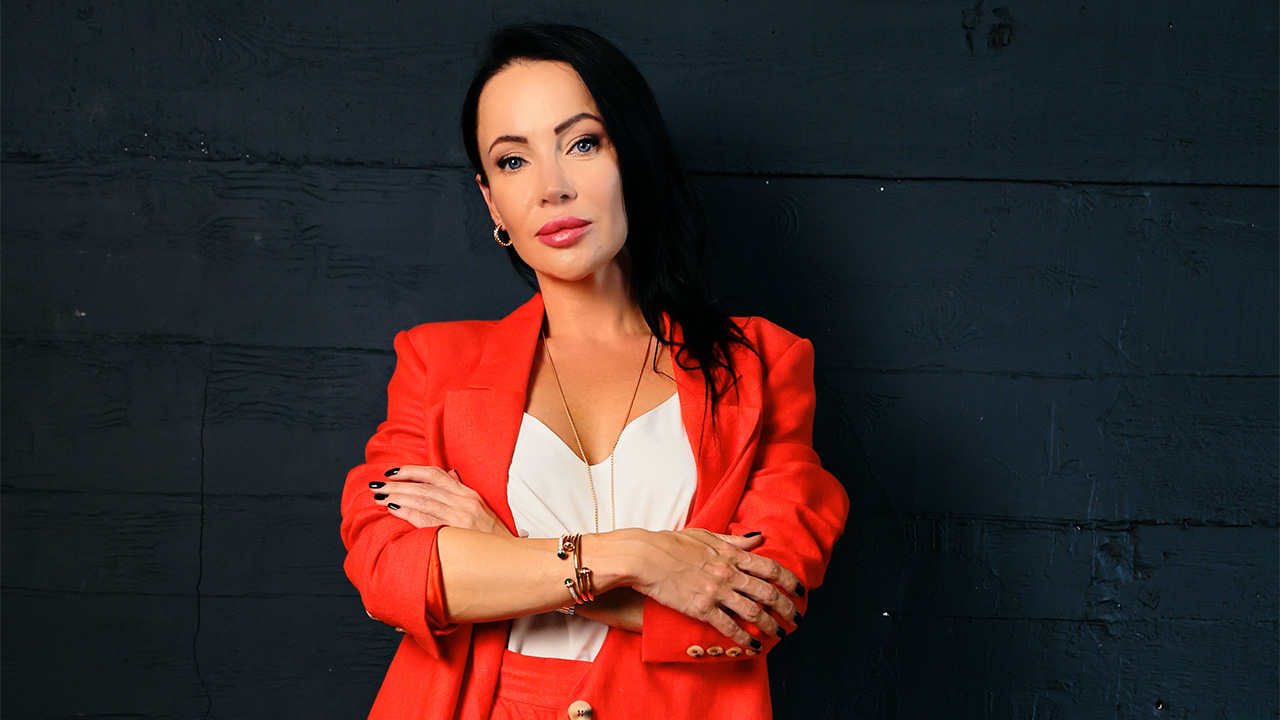
A new initiative titled Power Women is being launched in Ukraine, as announced during the recent Ukraine Recovery Conference in Rome. The project aims to support women in acquiring skills in the energy sector and to strengthen their presence in this strategically vital field.
To me, this marks yet another indication of a broader and irreversible process: Ukrainian women are no longer silent observers of profound societal shifts. They are founding businesses, mastering new technologies under fire, clearing rubble after attacks, and simultaneously preparing long-term development strategies. Crucially, they are doing so not in place of men, but alongside them — enhancing collective results.
A clear example of this transformation is a recent high-level appointment: the Verkhovna Rada has confirmed Yuliia Svyrydenko as Prime Minister of Ukraine. She becomes only the second woman in independent Ukraine’s history to hold this office. This is more than a symbolic move — it is a signal that women’s leadership in Ukraine is no longer the exception but part of a new political and social reality.
Where Women Are More Involved, the Economy Grows Faster
International evidence suggests that where women are more actively involved, economies tend to grow more rapidly. According to the Women, Business and the Law – 2024 report by the World Bank, removing legal and practical obstacles to women’s participation in the labour market could increase global GDP by more than 20 per cent within the next decade.
In Northern Europe, figures from the Nordic Energy Equality Network show that women occupy 34 per cent of jobs in renewable energy — almost double the global average for the traditional energy sector. Reuters’ 2024 global statistics also indicate that women account for 32 per cent of the workforce in renewable energy, compared to just 16 per cent across the energy sector as a whole.
The updated Women in Cleantech Challenge has already seen the creation of over 200 climate-focused start-ups, attracting significant private investment. In Germany, the 2024 Girls’ Day vocational campaign engaged more than 135,000 schoolgirls, and the proportion of female students in STEM disciplines has now reached 35 per cent.
Ukrainian Women Are Sustaining the Economy in Wartime
Ukrainian women have traditionally balanced their professional duties with family life, and since the start of the full-scale war, have taken on additional responsibilities in the volunteer sphere. Despite this, they are not simply keeping the home front intact — they are reinforcing the economy while the country endures major upheaval.
Mathematician Maryna Viazovska, a Fields Medal laureate, has contributed to the optimisation of logistical algorithms for humanitarian deliveries through her research. Entrepreneur Iryna Novikova has launched a bioenergy plant in the Lviv region which converts agricultural waste into heat and electricity, reducing annual carbon emissions by 50,000 tonnes. Engineer Nataliia Bondarenko from Mykolaiv has founded the cooperative Solar Pier, which has installed over two megawatts of rooftop solar capacity in frontline villages. Notably, 70 per cent of her team are female graduates of the local technical college.
The focus on energy is deliberate, as this is a global market expected to attract more than 60 per cent of investment in the energy sector by 2030. Yet the issue goes beyond energy, encompassing industry, transport, urban planning, and social infrastructure. In areas where chemistry, physics, IT, engineering, logistics, and project management converge, interdisciplinary thinking is essential — and women often possess a distinctive aptitude in this regard.
For Ukraine, rebuilding factories, bridges, hospitals and schools is not merely an economic matter; it is a daily struggle for the survival of communities. When it comes to securing safe water supplies or protecting children, Ukrainian women act promptly and without fanfare.
We Must Act Now — Not After the War
What must be done immediately?
First, education must be made accessible. This means affordable or free online courses in Ukrainian and English, mobile learning programmes for mothers on maternity leave, and educational platforms tailored to schools in frontline areas.
Second, access to finance must be expanded. This includes “green” loans backed by government guarantees and microgrants of up to $10,000 to establish home-based workshops, laboratories, or solar installations.
Third, representation must be addressed. Women should be allocated quotas on the supervisory boards of state-owned enterprises. A transparent national register of female experts must be established so that businesses and media outlets can identify professionals through open and merit-based means, rather than informal networks.
I do not want young Ukrainian girls to grow up believing they must choose between family and career, or between volunteering and entrepreneurship. The modern economy demands flexibility — and Ukrainian women are demonstrating every day that they excel in this area. Our goal is not to argue whether women are better or worse than men, but to create conditions in which everyone can contribute fully where the country needs them most.
Many say that development can wait until after the war. But development is not the celebratory conclusion — it is the rhythm guiding the entire march towards victory. If we fail to invest in women’s leadership in energy, industry, and reconstruction today, we will find ourselves tomorrow having to purchase foreign technologies at twice the cost. Ukraine is already paying a high price for its freedom. It cannot afford the additional cost of lost potential from half of its population.
I believe that the generation of Ukrainian women who are studying between blackouts and working under air raid sirens will form the new elite of Ukraine’s energy, industrial and economic future. And at the next major forum — be it in Brussels or Kyiv — standing alongside the executives of transnational corporations will be our engineers, designers, and entrepreneurs. And that will no longer be the exception. It will be the new Ukrainian norm.